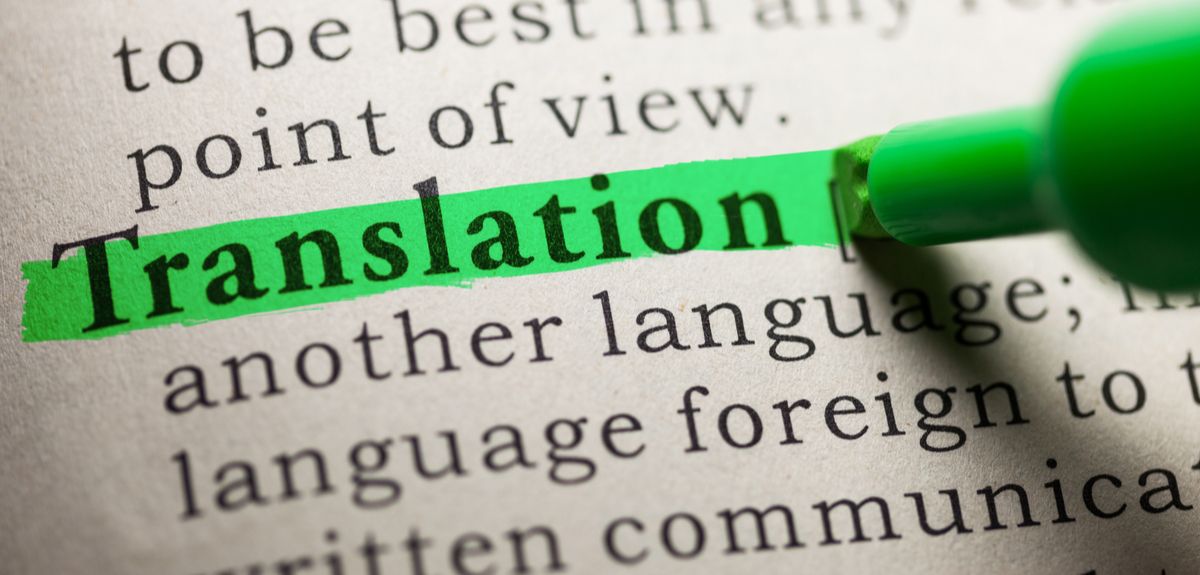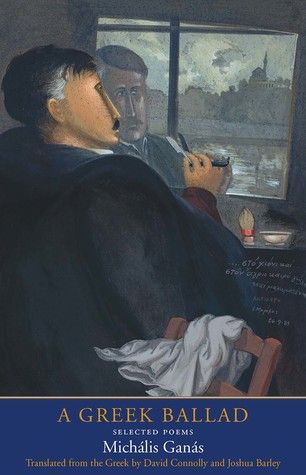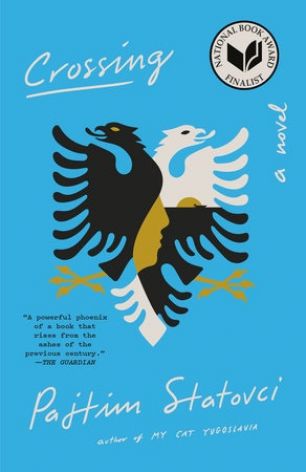
Not lost in translation: New worlds from the Oxford-Weidenfeld Prize
What’s the rudest thing you can say to an award-winning translator? Probably, ‘What’s the point, I’ve got Google Translate?’ It’s got to be in the top 10. As an opening gambit, it is unlikely to impress someone who spends hours each day, carefully reworking a text for an English-speaking audience. But translators are nothing if not patient and indulgent.
Indeed, despite the advance of technology, translators are now (belatedly) receiving greater attention in their own right. The International Booker prize now recognises the ‘vital work’ of the translator, dividing cash prizes between the author and the translator. But the Oxford-Weidenfeld Prize for translation is in its 21st year – and recently announced a strong and diverse 2020 eight-book short list of European language literary translations - from German to Greek, Slovene and Finnish into English.
What’s the rudest thing you can say to an award-winning translator? Probably, ‘What’s the point, I’ve got Google Translate?’ It’s got to be in the top 10.
‘Google Translate might be becoming more accurate and efficient,’ says Dr Eleni Philippou, of Oxford’s Comparative Criticism and Translation research centre. ‘But translation has a human element to it, which cannot be replaced by a machine.’ She adds, ‘A machine (at least for now) cannot discern tone, nuance or humour. Jane Austen would fall flat, with a machine translation, because it would fail to catch her ironic wit. You need a human translator for that.’
Previously, translations would find their way into tourist shops overseas, hoping to capture the interest of travellers. But, increasingly, translations are being published further afield. In reality, translation is going through something of a renaissance, with writers such as Elena Ferrante, author of the ‘Neapolitan Quartet’, and Han Kang, who won the 2016 Man Booker prize for The Vegetarian, becoming global literary sensations. Translation is a very small part of the British book market, though, just some 3-3.5%, but translations have featured on best seller lists in the last few years and publishers cannot afford entirely to ignore them.
Jane Austen would fall flat, with a machine translation, because it would fail to catch her ironic wit
No-one knows this better than Dr Philippou, who has administered the Oxford-Weidenfeld Prize for almost five years, and has seen a range of translation submissions from publishers, both big and small. ‘Over the years, I’ve enjoyed cataloguing literary texts from the most commonly translated European languages – Spanish, French, German, Italian, and Russian – in addition to books from less-commonly translated languages, such as Modern Greek. It has also been interesting to track fashions or trends when it comes to translations. For example, Nordic Noir is currently in vogue: it has been popularised by various Scandinavian television series.’
It’s a bit like writing a book from scratch...there is no way a computer could do that. It’s very personal and it is necessary to match the tone of the original...translators have a significant role
Creativity is very much part of the translation process, according to Oxford Classics graduate, Joshua Barley. With David Connolly, he co-translated a poetry collection from leading Greek author Michális Ganás’s, A Greek Ballad. Joshua, who has lived in Greece for eight years, was delighted to be among the 2020 Oxford-Weidenfeld short list.
‘It’s a bit like writing a book from scratch...there is no way a computer could do that. It’s very personal and it is necessary to match the tone of the original...translators have a significant role,’ he says. ‘It’s really rewarding.’

The Prize’s judges said of their translation, ‘It is a jointly translatorly and poetic tour de force that proves to be a mesmerising exploration of genres and styles. Connolly and Barley’s pioneering enterprise responds effortlessly to the range of challenges Ganás’s oeuvre presents for the translator: their renditions are inventive and formally exact when needed and stripped back when the original is elegantly succinct.’
Like Joshua, the winner of this year’s Prize, David Hackston, lives abroad and brings the literature of his adopted home to an English-speaking audience. A foreign languages graduate of UCL, he has lived in Finland for 20 years. Finnish was a minor subject for him, but David now finds himself a Finnish translator.
‘There are a lot of people translating from Swedish...Finnish is a smaller field,' he muses. ‘I'm glad my degree [in Scandinavian languages] didn’t go to waste.
You need to create a context and a voice. A passing comment might just need one extra word to make it understandable to a reader in another language. The words are only the starting point
His translation, Crossing, by Pajtim Statovci was highly-praised by the judges, ‘David Hackston’s impeccable translation never falters in the voices he gives to the characters. He switches effortlessly from Bujar’s father’s idiom of legends and fairytales to the obsessive, runaway sentences of the protagonist’s inner reflections. This is a heartbreaking novel that addresses some of the most urgent questions we face, but refuses to give any simple answers.

The judges’ praise points to David’s attention to detail; he does not underestimate the translator’s art, ‘You need to create a context and a voice. A passing comment might just need one extra word to make it understandable to a reader in another language. The words are only the starting point.’addresses some of the most urgent questions we face, but refuses to give us any simple answers.’
Does he choose the books he translates? Not really but, he says, publishers do take advice.
‘You have to know what will work in English. It must have universal themes. It doesn’t matter where it is set, if the story is relatable,’ he says. ‘Publishers may have never translated a Finnish book before, so they have listen to people they trust. Translators have read more literature in their respective working languages than publishers have, and our perspectives can be valuable.’
Of course, Pushkin Press, which published Crossing, was founded with the explicit aim of bringing literature in translation to the UK, and could not be happier about the win. As for David, he was delighted to win the prize – and also to translate Crossing. David says, 'It was a novel in Finnish, about events in the Balkans [where he has travelled extensively] and with LGBT themes. It was the jackpot.’